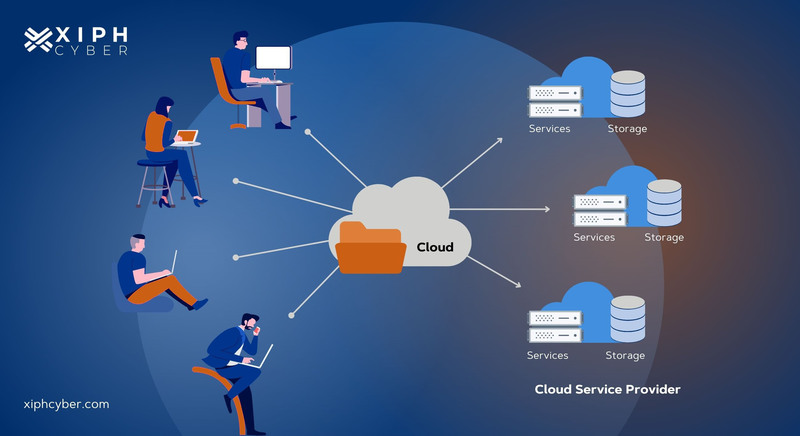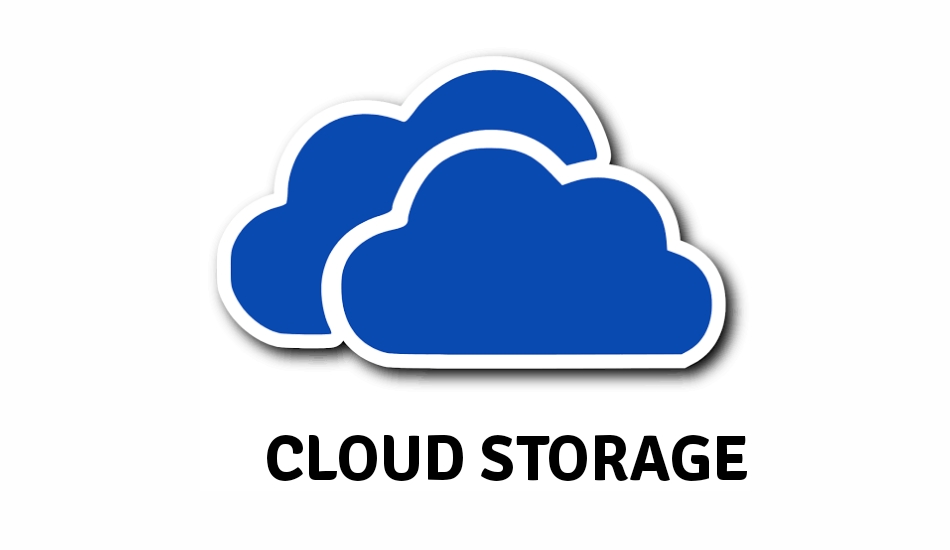Lower Prices With Scalable Universal Cloud Storage
The realm of cloud storage presents a promising avenue for companies seeking to improve their information monitoring processes while maximizing expenses. By accepting cutting-edge methodologies and modern technologies, businesses can navigate the complex landscape of data storage with finesse, ensuring both monetary carefulness and operational agility.
Benefits of Scalable Cloud Storage Space
Indisputably, the implementation of scalable cloud storage space options supplies businesses a myriad of economical benefits in data management. Scalable cloud storage space allows firms to readjust their storage space needs dynamically, removing the worry of over-provisioning or underutilization of resources. This versatility makes certain that businesses only pay for the storage space they make use of, maximizing price effectiveness. Furthermore, scalable cloud storage provides enhanced data ease of access and reliability. With the capability to quickly scale up or down depending upon demand, companies can guarantee seamless access to their data without interruptions or delays.
Furthermore, scalable cloud storage solutions use boosted data security actions. The scalability of cloud storage permits for automated backups and calamity recovery options, decreasing the risk of data loss and guaranteeing service connection in the face of unanticipated occasions.

Cost-saving Methods for Cloud Storage Space
Additionally, embracing a tiered storage space approach enables firms to focus on important information on high-performance, more costly storage rates, while relegating less essential data to lower-cost options. Making use of cloud storage suppliers' expense monitoring tools and features can likewise aid services track investing, set spending plans, and enhance source allocation, making certain cost-effectiveness. By executing these techniques, businesses can attain significant financial savings while preserving a reliable and scalable cloud storage space facilities.
Applying Scalable Storage Space Solutions
Effective scalability remains a cornerstone in the design and implementation of modern-day storage space services for cloud settings. Applying scalable storage space options includes the strategic planning and integration of technologies that can perfectly broaden as data requirements expand - linkdaddy universal cloud storage press release. One crucial facet is the use of software-defined storage space (SDS) which decouples storage sources from the hardware, allowing adaptability and scalability without being tied to details physical tools

Maximizing Resources With Cloud Storage
Exactly how can companies maximize resource use when utilizing cloud storage space solutions? Making best use of resources with cloud storage includes numerous crucial strategies to make certain reliable usage of storage space resources. One method to take full advantage of resources is by leveraging automated storage tiering, which dynamically relocates data between different storage rates based upon its use patterns. This aids companies allocate resources effectively, making sure that often accessed data is stored on high-performance storage while less critical information is transferred to economical storage space choices.
One more method to optimize resources is through deduplication and compression techniques. By getting rid of duplicate information and pressing documents prior to storing them in the cloud, organizations can minimize storage space expenses and maximize their available storage space capability. Additionally, carrying out information lifecycle management practices can assist companies instantly archive or erase data that is no longer required, releasing up important storage room for extra crucial information.
Key Consider Cloud Storage Space Expense Decrease
To successfully reduce expenses linked with cloud storage, companies must tactically analyze essential variables influencing expense in this technology-driven world. One important factor is data storage space optimization. By successfully organizing and taking care of data, companies can minimize the amount of storage room needed, hence lowering expenses. Making use of data compression strategies and deduplication can better enhance storage effectiveness. An additional essential factor to consider is choosing the ideal storage tier based upon information gain access to regularity. Frequently accessed information ought to be stored in high-performance rates, while rarely accessed data can be positioned in lower-cost storage space alternatives. Executing automated information lifecycle management plans can help in flawlessly transitioning data between various storage space rates based on use patterns. In addition, tracking and analyzing storage usage trends can supply understandings for making educated decisions on enhancing storage resources and minimizing unnecessary expenditures. By meticulously resolving these key factors, organizations can effectively streamline their cloud storage space prices while making certain optimum efficiency and information access.

Final Thought
In conclusion, scalable universal cloud storage space provides cost-saving advantages with vibrant storage space adjustment, information deduplication, and tiered storage techniques - linkdaddy universal cloud storage press release. By implementing scalable storage remedies, optimizing sources, and using price management devices, businesses can enhance prices while preserving performance and reliability. With automated tiering and information lifecycle management practices, companies can additionally lower costs associated with cloud storage